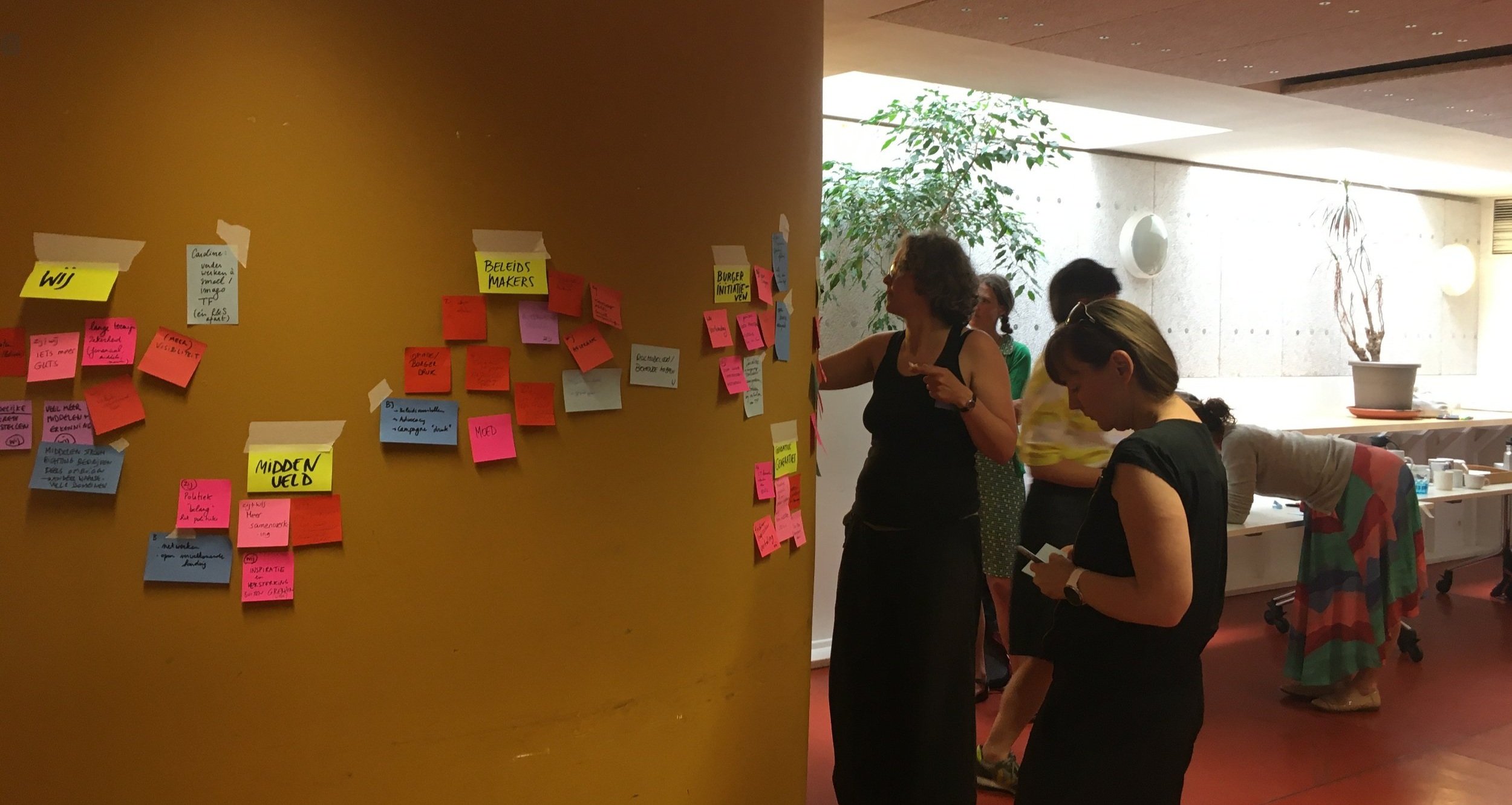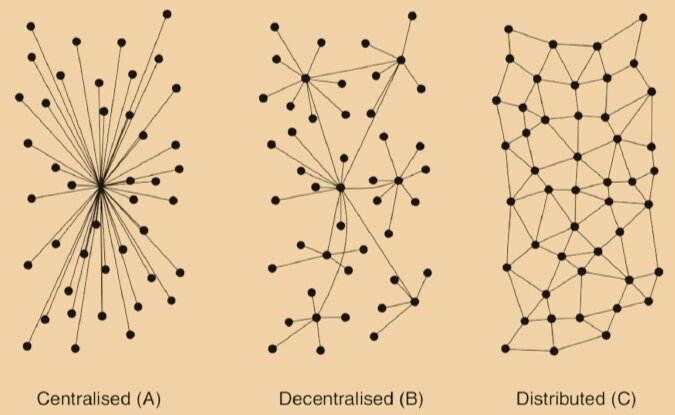Organisational coaching
Challenges of organisations and teams
When organisations talk about their challenges, the same issues often surface. Do you recognise the needs below as an organisation or team? I am very happy to work with you on these challenges!
Our organisational structure no longer suits us
our organisation drawing no longer matches our reality and philosophy, can we redraw the structure?
we want to install more self-management and self-organisation, but how do we get started?
ownership and decision-making power are not properly distributed now, how can we distribute this in a healthy way?
we want to provide more role clarity and framing for everyone, so that we have tools to guide employees in their jobs.
we want to better organise the flow of influence and information, so that everyone is aware of each other's work and participation can be better organised.
Our culture may evolve positively
we want to develop a culture in which everyone feels heard and seen
how can we cocreate our mission, values and agreement frameworks, so that the values and agreements are supported by everyone?
we want to build more mutual trust, which methodologies can help us?
an open feedback culture, where we can handle tensions and feedback in a safe and constructive way, that's what we want to move towards.
How can we take our collaboration to the next level?
we want to improve our meeting culture, so that everyone has more energy afterwards instead of less.
how can we create support and alignment around important decisions?
we want to find ways to make our work transparent to each other.
how can we safely pass work to each other and identify blockages and dependencies faster?
we want to be an evolving and learning organisation with peer learning possibilities and a corporate community of practice.
how can we be better aligned with each other so that we are all working towards the same organisational or team goals?
we want to foster a culture of cocreation and innovation, where do we start?
Do you want to harness the full potential of your organisation?
What is the first step?
We always start from what is needed. This means we will often start with a reflection on the current collaboration or the newly created situation and the needs, keeping in mind the diversity in the team. We cocreate a plan of action that we review after each session. There is always the opportunity to make adjustments and exploit advancing insight. For me, shared ownership of the process is important in the cooperation.
There are a number of basic ingredients that every team will benefit from, such as awareness of cultural principles and basic attitudes, learning to navigate via tensions, nonviolent communication and working with consent. This will naturally be part of any coaching.
I provide formats in the form of experiments to be evaluated. Implementing shared leadership and collective intelligence takes time, as it involves adopting new habits. On the other hand, the improvement in cooperation is immediate.
There are different starting points, sometimes the meeting culture is used as a stepping stone, because optimisation there immediately strengthens cooperation and it gives team members confidence in the method. But we can start with the structure, culture or leadership as well. Besides team sessions, individual coaching is also a possibility, and often a great added value.
What social technology and tools can be used?
To become a living system that harnesses collective wisdom, embraces a culture of trust and openness and has a clear organisational structure that can handle continuous change, social technology like Sociocracy 3.0, Deep Democracy, Agile and Teal principles and non-violent communication are my key tools. And there are many more dynamic formats and tools that invite all perspectives and promote cocreation. But we also have to look below the waterline. Systemic work, ancient wisdom and rituals in the workplace can help to mark moments and create movement and transformation. Continue reading behind the button.
Meet them where they are
An important principle is: Meet them where they are. We should never expect ourselves to be immediately willing to go out of our comfort zone, even if it brings us a lot. Change takes effort. That is why it helps to organise small experiments that you can evaluate and compare with the previous way of working. And if there is a safe space where everyone can speak honestly and where all perspectives are listened to. That way, change becomes easier.
A switch to more self-management is always a balancing exercise between leading and listening, holding and letting go, taking action, giving structure and making it happen. For each member in the organisation, it is balancing between the collective and paying sufficient attention to what is going on inside ourselves.
Some factors that promote success
We explore ways to build safety and openness into the process
We invite resistance and deal with it constructively
We start where the need is and therefore where the difference is keenly felt
We run small experiments and evaluate and compare them with existing practices
We examine who wants to be an ambassador and who we can strengthen
We build an internal community of practice and organise peer moments
We communicate our approach and successes within the organisation
We actively invite employees to participate and take co-creation as a basic attitude
We ourselves are an example in the change, we 'live for' what we propagate, and stay connected to ourselves and others



